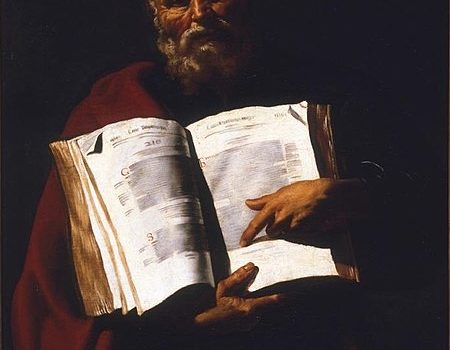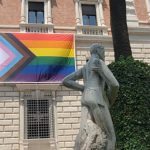St. Barnabas was born in the first century in Cyprus to a Jewish family of the Levite tribe. Originally named Joseph, he later received the name “Barnabas,” meaning “son of encouragement,” from the apostles because of his generous and uplifting spirit. A prominent figure in the early Church, Barnabas sold his property to support the Christian community in Jerusalem. He was instrumental in welcoming and mentoring St. Paul after Paul’s conversion, advocating for him when others were still fearful. Barnabas later accompanied Paul on missionary journeys, spreading the Gospel across the Gentile world with zeal and compassion. Though they eventually parted ways, Barnabas continued preaching Christ throughout Cyprus and Asia Minor. He was likely martyred around 61 AD. His legacy remains as a model of encouragement, generosity, and faithful discipleship.
Practical Lessons:
- Encourage Others Regularly: Like Barnabas, make a habit of offering specific, sincere encouragement—whether through a short note, a text, or a conversation. Uplifting words can have lasting impact in someone’s day or even their life.
- Welcome Newcomers Boldly: Barnabas welcomed St. Paul when others hesitated. At work, church, or social events, take the lead in greeting new people, introducing them to others, and making them feel included.
- Give Generously Without Hesitation: Barnabas sold his land to help those in need. Today, that might look like donating to a charity, cooking a meal for someone going through a tough time, or offering your time to mentor someone who’s struggling.
Prayer:
St. Barnabas, gentle encourager and faithful apostle, pray for us. Help us to be bold in welcoming others, generous with our gifts, and constant in uplifting those who are weary. Teach us to live with the same joyful heart that made you beloved in the early Church. Through your intercession, may we reflect the love of Christ in our words and actions each day. Amen.
Quote:
“He was a good man, full of the Holy Spirit and of faith.” — Acts 11:24
✠
image: Attributed to Juan Martín Cabezalero, Public domain, via Wikimedia Commons












